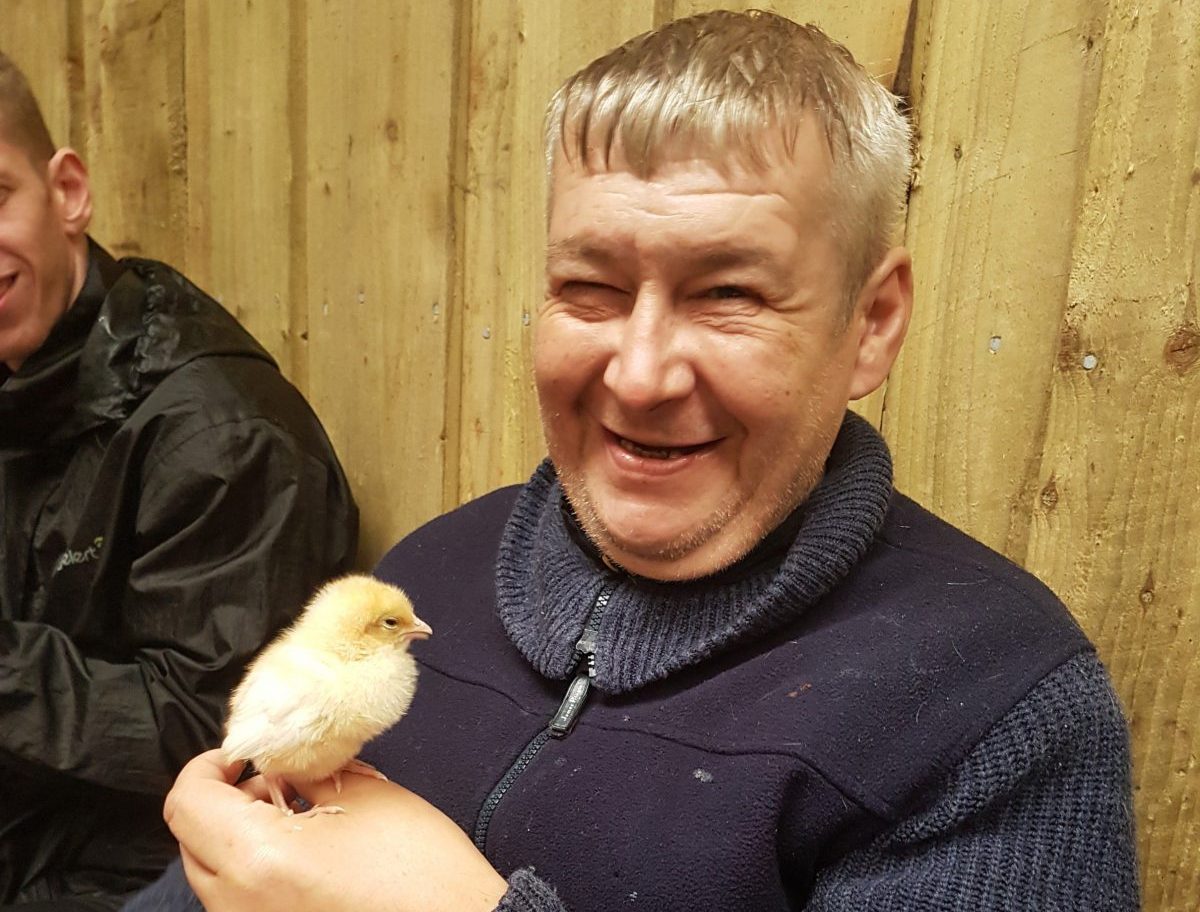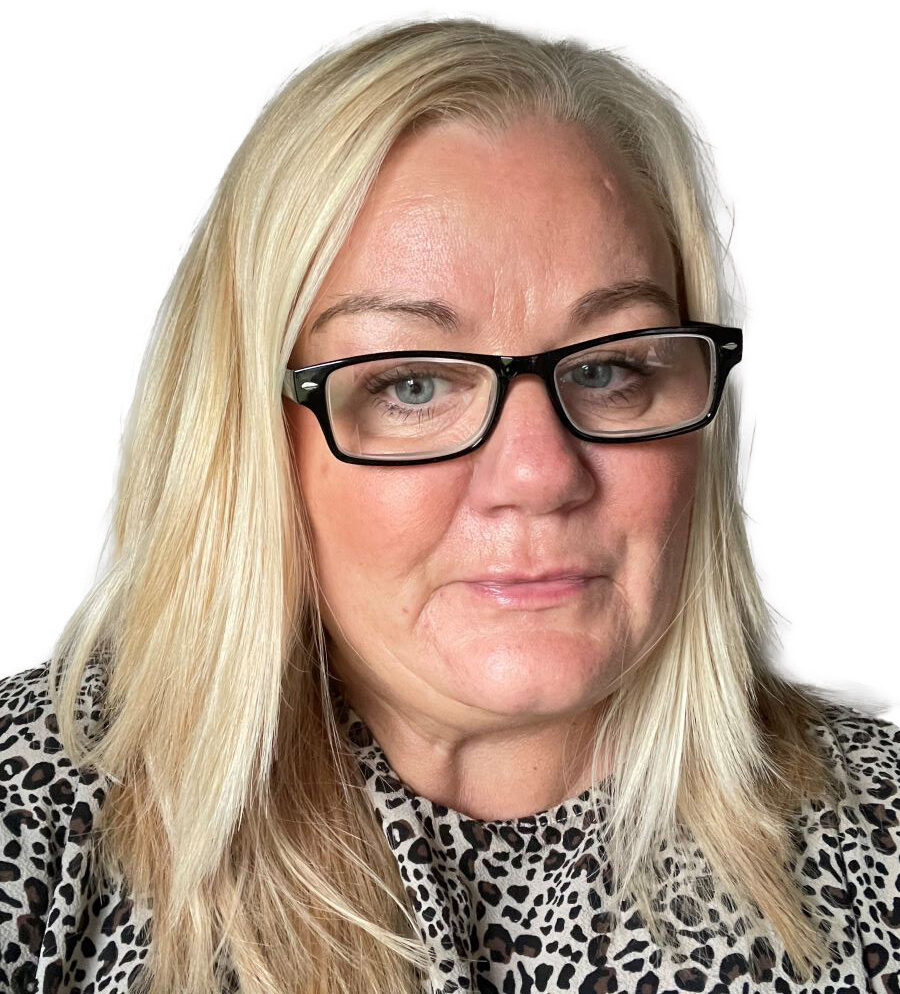Brancker Street, Westhoughton, Bolton, BL5 3JD
0194 279 0994
Mary Seacole House in Bolton, Greater Manchester is a 24/7 supported living service for people living with a mental health diagnosis, learning disability or autism.
Mary Seacole House located in Westhoughton has 28 bedrooms within self-contained and shared flats across 2 floors. The central communal hub holds a lounge, kitchen and shared dining area offering individuals a modern and spacious environment to socialise.
Located close to the centre of Westhoughton, there is easy access to shops, local amenities and public transport.
As with all of our services, the people we support benefit from ‘The Northern Healthcare model of supported living’, with 24/7 support onsite and clinical input from our multi-disciplinary team.
The team provide 24/7 support for people with a variety of mental health conditions. The people we support come to us from a number of different pathways; they may need greater ‘step down’ support following a period in an acute hospital or forensic service. Our experienced multi-disciplinary team help individuals to achieve their next steps, from simple tasks such as cooking and budgeting to longer-term goals such as gaining employment.
Make an enquiryMary Seacole House opened in October 2016 and since then we have formed excellent links with our local community. We are ideally situated close to shops and local facilities, and Bolton Town Centre can be reached in under 30 minutes by bus. We are also lucky enough to be surrounded by beautiful green spaces such as Hulton Park and local farms.
We have lots of activities for the people we support to enjoy including snooker, fitness classes, dog walking and cooking classes to name a few. Individuals also have the opportunity to enrol in local college courses, and we help the people we support to find full or part-time employment if they wish. We believe in celebrating every achievement and supporting each other to take the next step.
We encourage everyone to be actively involved in our monthly service meeting, where our team and the people we support come together to share feedback and new ideas.


Service Manager
"I have always worked with individuals, families, and children who have experienced multiple challenges and disadvantages. I’m so passionate about supporting staff and individuals to overcome their own challenges and I look forward to coming into work, knowing that as a team we are all striving to do our best for our people and each other."

People's views and decisions about care were incorporated in their care plans. This helped staff to support people in a way that allowed people to have control over their lives. People told us, "I would recommend this service to other people. Staff help me with [name of activity] and help to keep me focused." (CQC Report 2021)